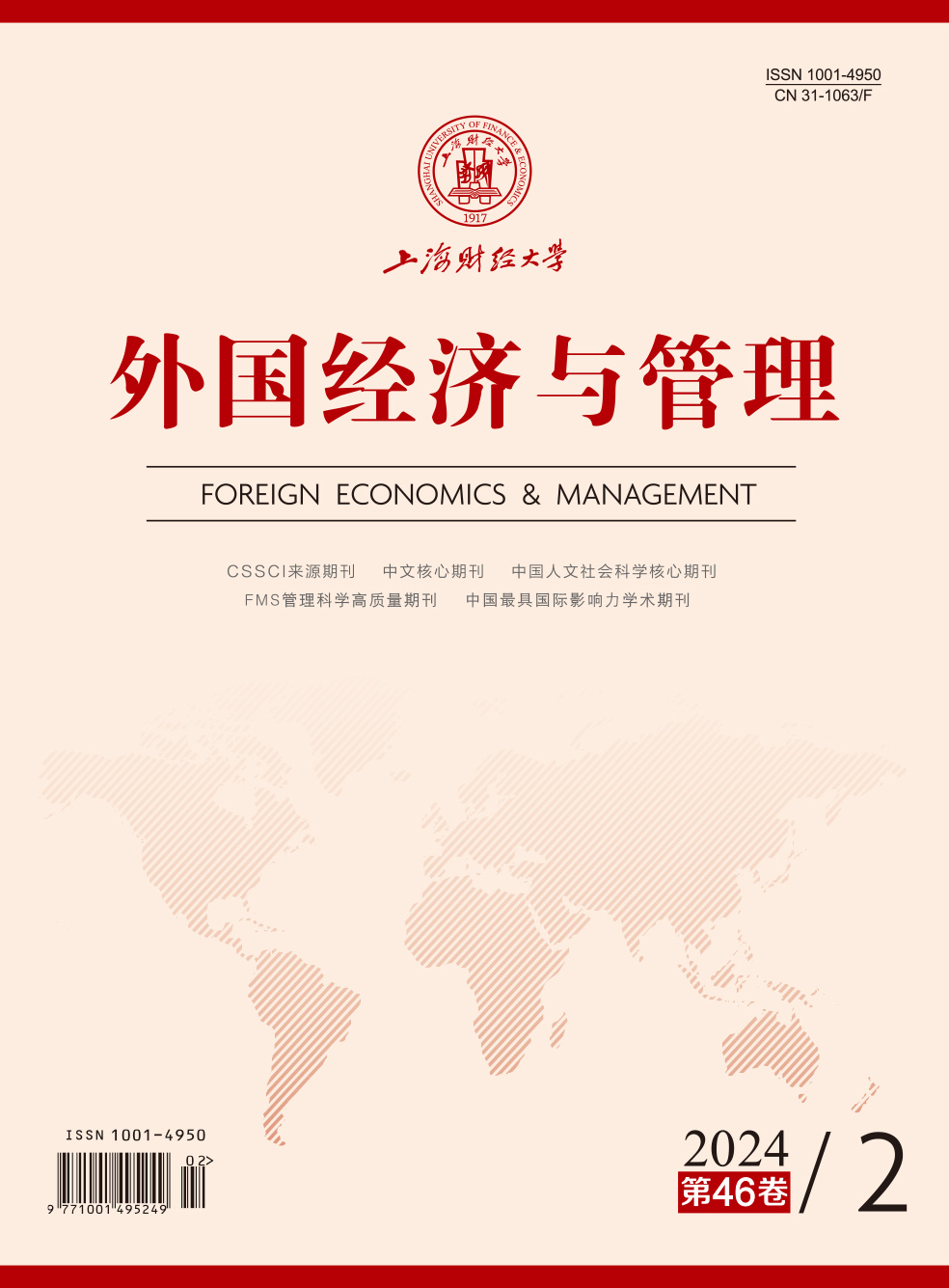This paper uses the sample data of A-share listed family businesses in China from 2004 to 2017 to conduct an empirical test. The results show that: Compared with the first-generation CEO, the second-generation CEO has insufficient legitimacy of family authority, and the degree of internationalization change after the succession is lower than that of the first generation; compared with the first-generation CEO, the succession of non-family members will deepen the market logic, and the degree of internationalization change after the succession is higher than that of the first generation. Further research finds that: Family ownership will weaken the negative effect of the second-generation CEO succession on the degree of internationalization change, and weaken the positive effect of non-family-member CEO succession on the degree of internationalization change; poor corporate performance will strengthen the negative effect of the second-generation CEO succession on the degree of internationalization change, and strengthen the positive effect of non-family-member CEO succession on the degree of internationalization change.
The contributions of this paper are as follows: First, it expands the dynamic research on family business internationalization based on the inheritance background, and reveals that the two sources of CEOs from inside and outside the family will bring dynamic changes and differences in internationalization. Second, based on the perspective of institutional logic, it provides an explanation for the relationship between CEO succession pattern and internationalization change in family businesses, and enriches other structural factors that affect CEO strategic decisions. Third, it deepens the internal relationship between CEO change and family business strategic change, and reveals that the strategic change after CEO change is closely related to the institutional context.





 8274
8274  8038
8038

